DeFi vs CeFi: Understanding the Differences
In the realm of cryptocurrency and blockchain technology, two distinct financial systems take center stage — Decentralized Finance (DeFi) and Centralized Finance (CeFi). Both systems provide avenues to manage, trade, and grow your assets, yet they operate on different core principles. If you're new to these concepts or want a clearer understanding of how they differ, you’re in the right place. This guide will dissect DeFi and CeFi, highlight their key differences, and help you determine which might align best with your financial aspirations.
GraphLinq Chain CEO, jr00t, on DeFi vs. CeFi:
“CeFi is about trust in institutions; DeFi is about trust in code. Which future are you betting on?"
What is DeFi?
Decentralized Finance, or DeFi, is a system where financial services like lending, borrowing, and trading occur without intermediaries such as banks or brokerages. Instead, DeFi uses smart contracts—self-executing contracts with terms directly written into lines of code on blockchains like Ethereum. These platforms are typically open-source, allowing anyone with an internet connection to access them.
Key Characteristics of DeFi
- Permissionless Access: Globally accessible, DeFi platforms require no approvals or Know Your Customer (KYC) processes.
- Transparency: Operating on public blockchains, DeFi ensures all transactions are visible, promoting accountability.
- Smart Contracts: Automate actions based on preset conditions, minimizing human error and removing middlemen.
- Control of Assets: Users maintain asset control via private wallets like MetaMask, ensuring no third party has access.
- Rapid Innovation: The open-source nature fosters quick innovation, with features like yield farming, liquidity pools, and decentralized exchanges (DEXs) emerging.
Examples of DeFi Platforms
- Uniswap: A Decentralized Exchange (DEX) for token swaps without intermediaries, allowing users to trade various cryptocurrencies directly from their wallets.
- Aave: A platform for decentralized lending and borrowing, where users can lend their crypto assets to earn interest or borrow against their holdings.
- Compound: A protocol that enables users to earn interest by lending their crypto assets to others.
- GraphLinq Hub: A comprehensive platform that includes a Decentralized Exchange (DEX) powered by a unique Automated Market Maker (AMM) mechanism. This mechanism allows for low-fee and high-liquidity trading, offering users the ability to seamlessly trade various tokens in a decentralized and user-friendly environment.
What is CeFi?
Centralized Finance, or CeFi, refers to traditional systems where banks, exchanges, or institutions manage assets and facilitate transactions. In the crypto space, centralized platforms (e.g., Binance, Coinbase) operate similarly to banks, serving as custodians for user funds.
Key Characteristics of CeFi
- Intermediaries: CeFi relies on trusted third parties for transactions, managing your assets and executing trades.
- Regulation: Platforms comply with local laws, including KYC and Anti-Money Laundering (AML) processes, often requiring identity verification.
- Custodial Control: Platforms hold your assets, akin to banks, providing security but reducing personal control.
- User-Friendly: Typically featuring intuitive interfaces, CeFi platforms cater to beginners new to managing private keys or blockchain apps.
- Support: Centralized platforms usually offer customer support for user assistance and issue resolution.
Examples of CeFi Platforms
- Binance: A centralized exchange for diverse crypto trading.
- Coinbase: A platform for buying, selling, and storing cryptocurrencies.
- BlockFi: Offers lending, interest-earning accounts, and more.
Key Differences Between DeFi and CeFi
- Control and Custody of Funds
- DeFi: Full control over funds with personal private keys, offering autonomy but requiring personal responsibility.
- CeFi: Funds held by the platform, providing security but necessitating trust in the institution.
- Regulation and Compliance
- DeFi: Operates in a decentralized, regulation-free environment, offering freedom but increased risks due to lack of oversight.
- CeFi: Complies with regulations, offering legal protection but requiring identity verification.
- Accessibility
- DeFi: Open to anyone with internet and a crypto wallet, eliminating barriers like minimum balances.
- CeFi: Requires regulatory compliance and KYC, limiting access but enhancing security.
- Risk and Security
- DeFi: Free from centralized mismanagement but vulnerable to smart contract bugs and protocol flaws.
- CeFi: Provides customer support and sometimes insurance but is at risk from platform-specific failures.
- Innovation and Features
- DeFi: Rapid innovation due to its open nature, leading to new financial tools without central authority approval.
- CeFi: Slower innovation with a focus on regulated services like trading and lending.
- User Experience
- DeFi: Complex, technical experiences requiring self-management of private keys, with variable transaction fees.
- CeFi: User-friendly interfaces, fixed fees, and support make it suitable for beginners.
Which One is Right for You?
Your choice between DeFi and CeFi depends on your preferences for control, risk tolerance, and user experience.
DeFi may suit you if:
- You desire control over assets with private keys.
- You're technically inclined and value privacy without identity verification.
- Cutting-edge financial tools and dApps intrigue you.
CeFi may suit you if:
- You value customer support and regulatory security.
- You're new to crypto and prefer an easy-to-use platform.
- Managing private keys isn't your focus, and you seek traditional security.
Conclusion
Both DeFi and CeFi offer compelling asset management methods, catering to different users. DeFi emphasizes decentralization, control, and innovation, while CeFi prioritizes convenience, security, and familiarity. Many users blend both to enjoy the benefits of each.
By understanding the differences, you empower yourself to make informed financial choices in the dynamic world of cryptocurrency.



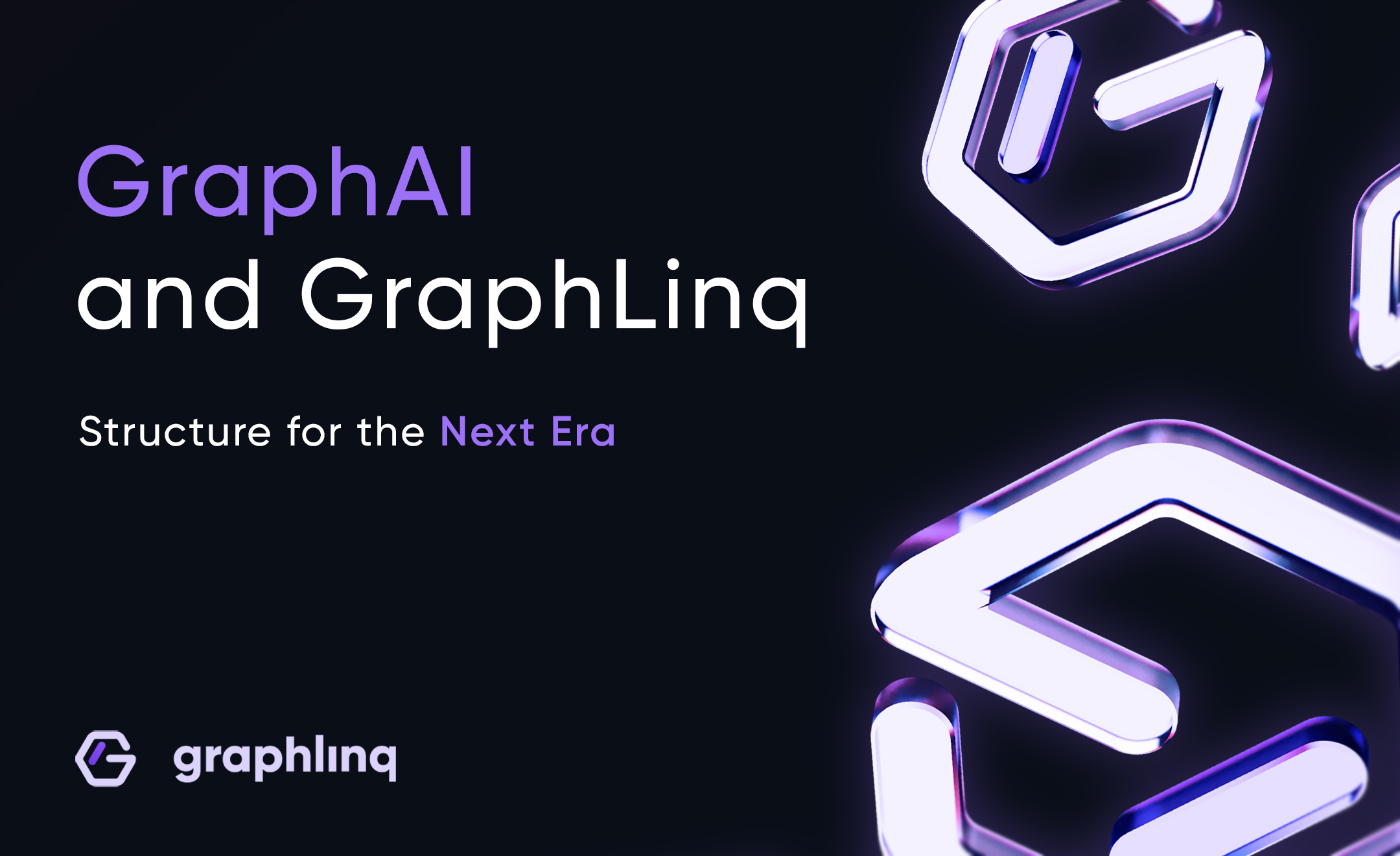
.jpg)
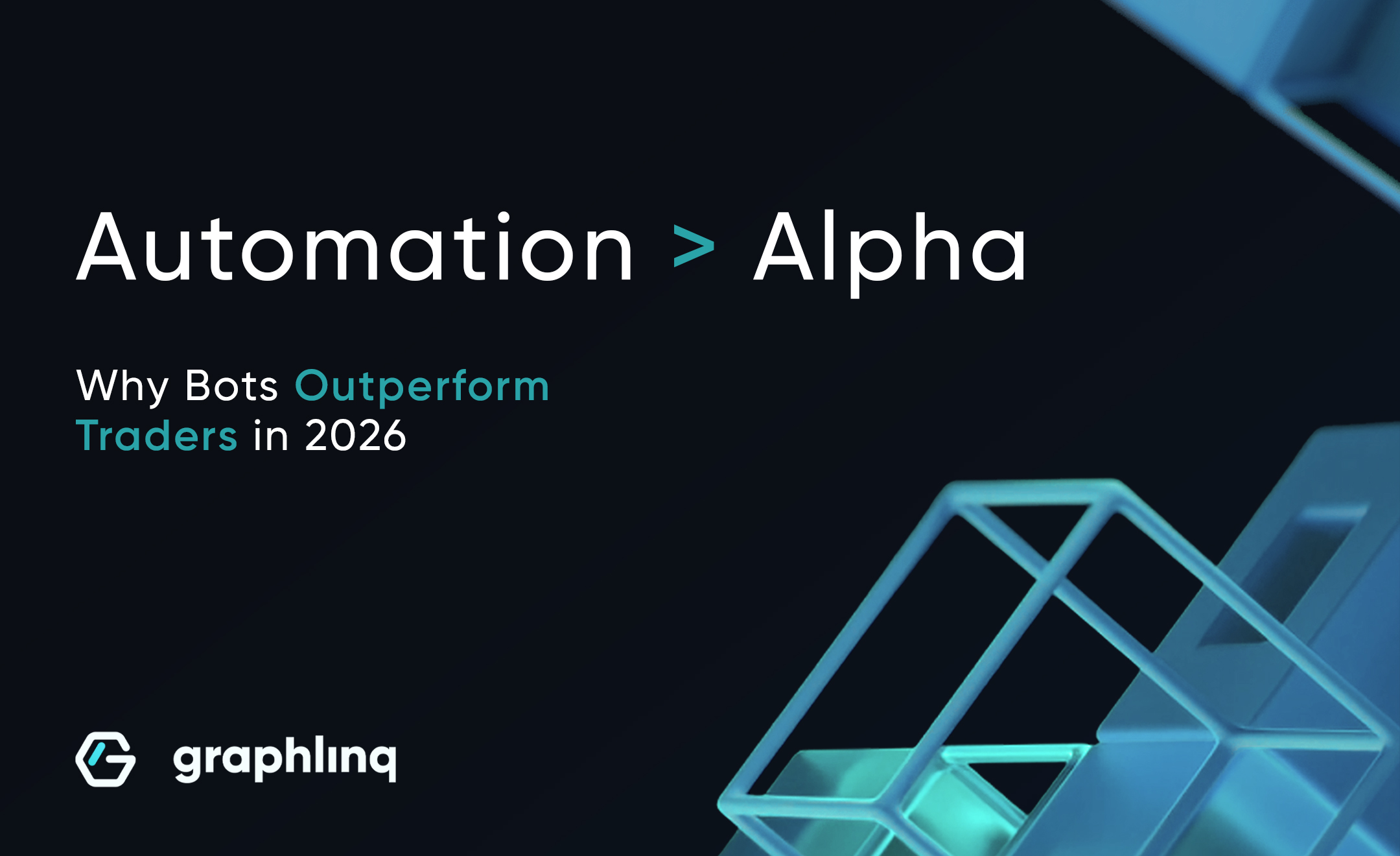
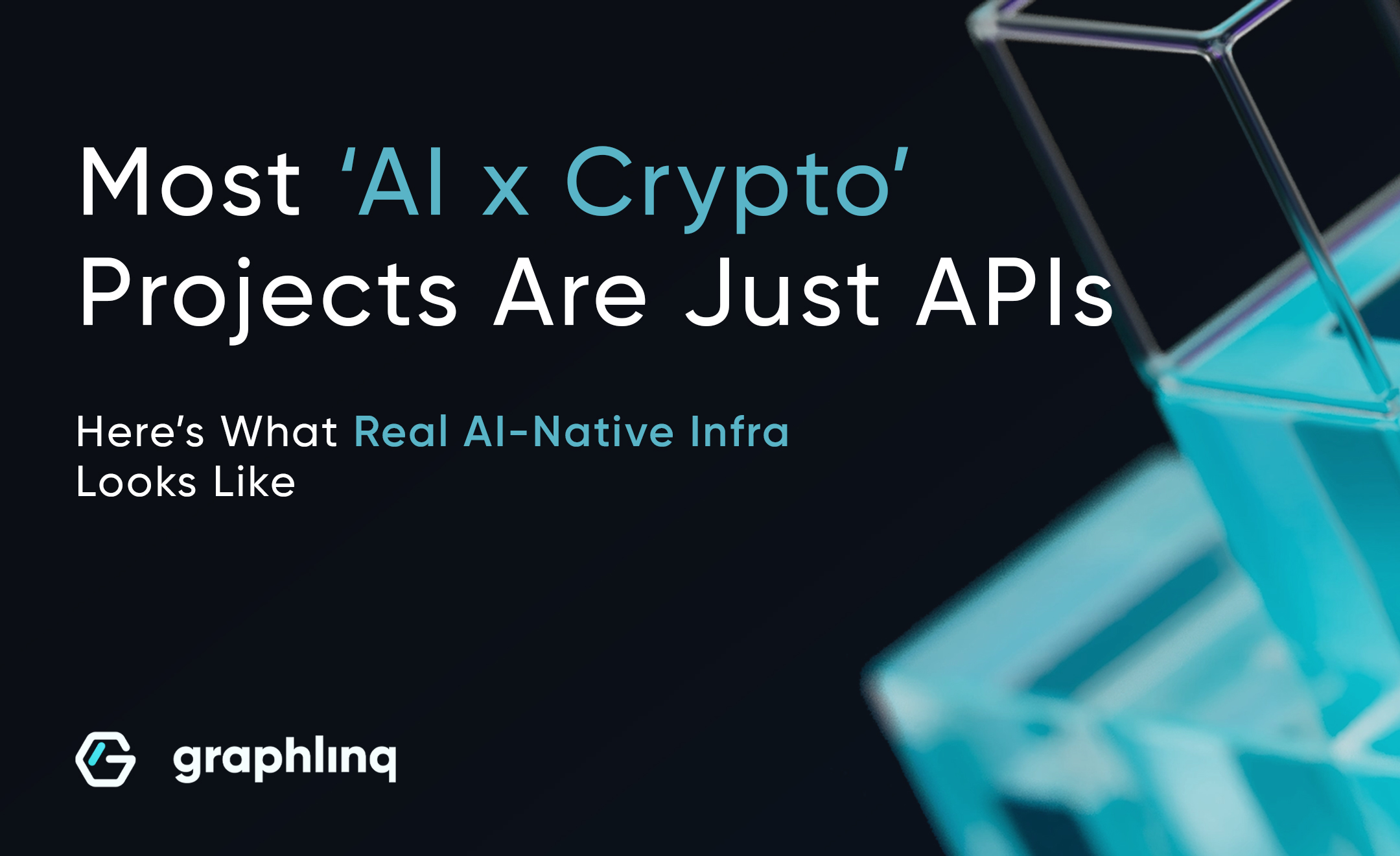
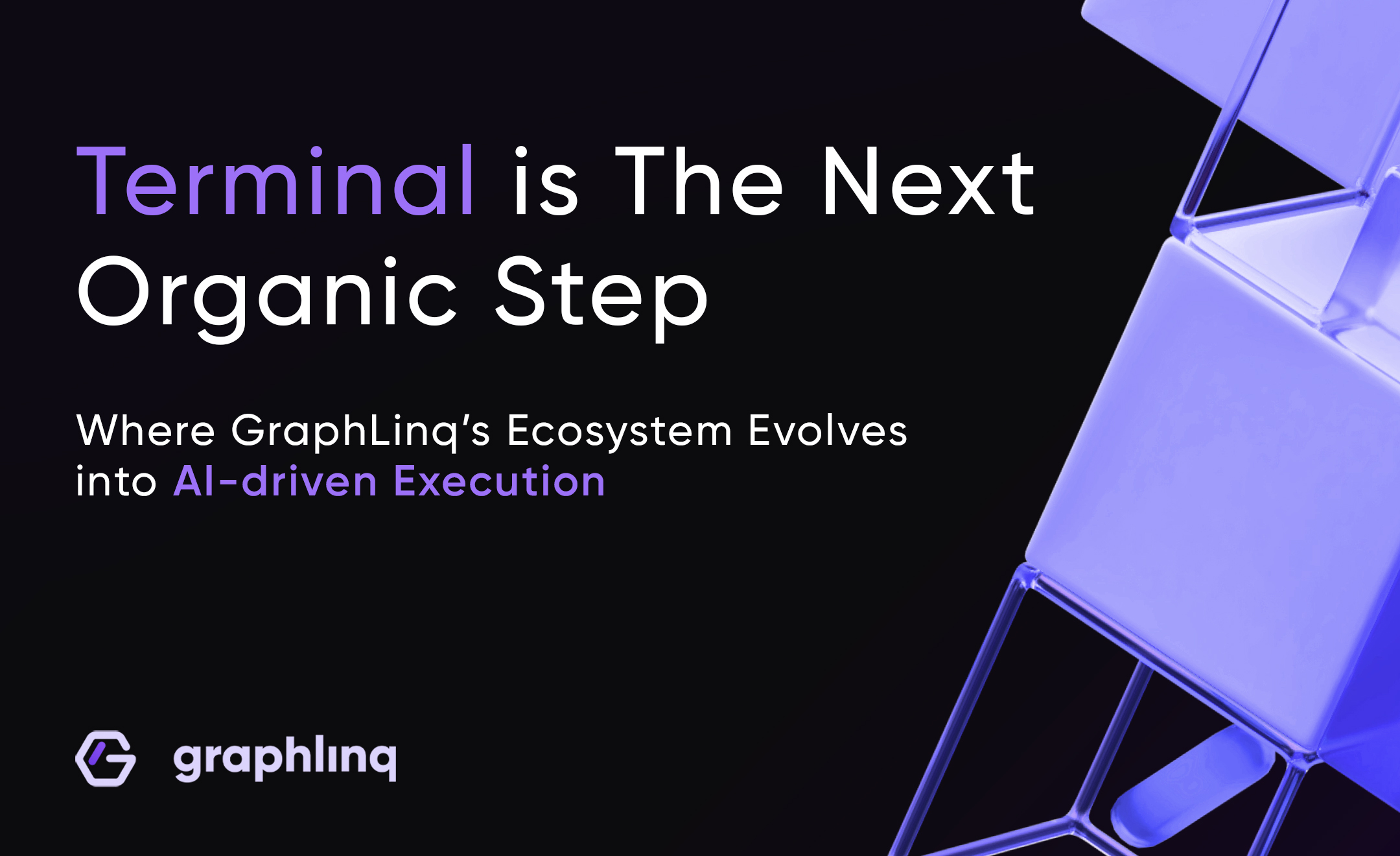
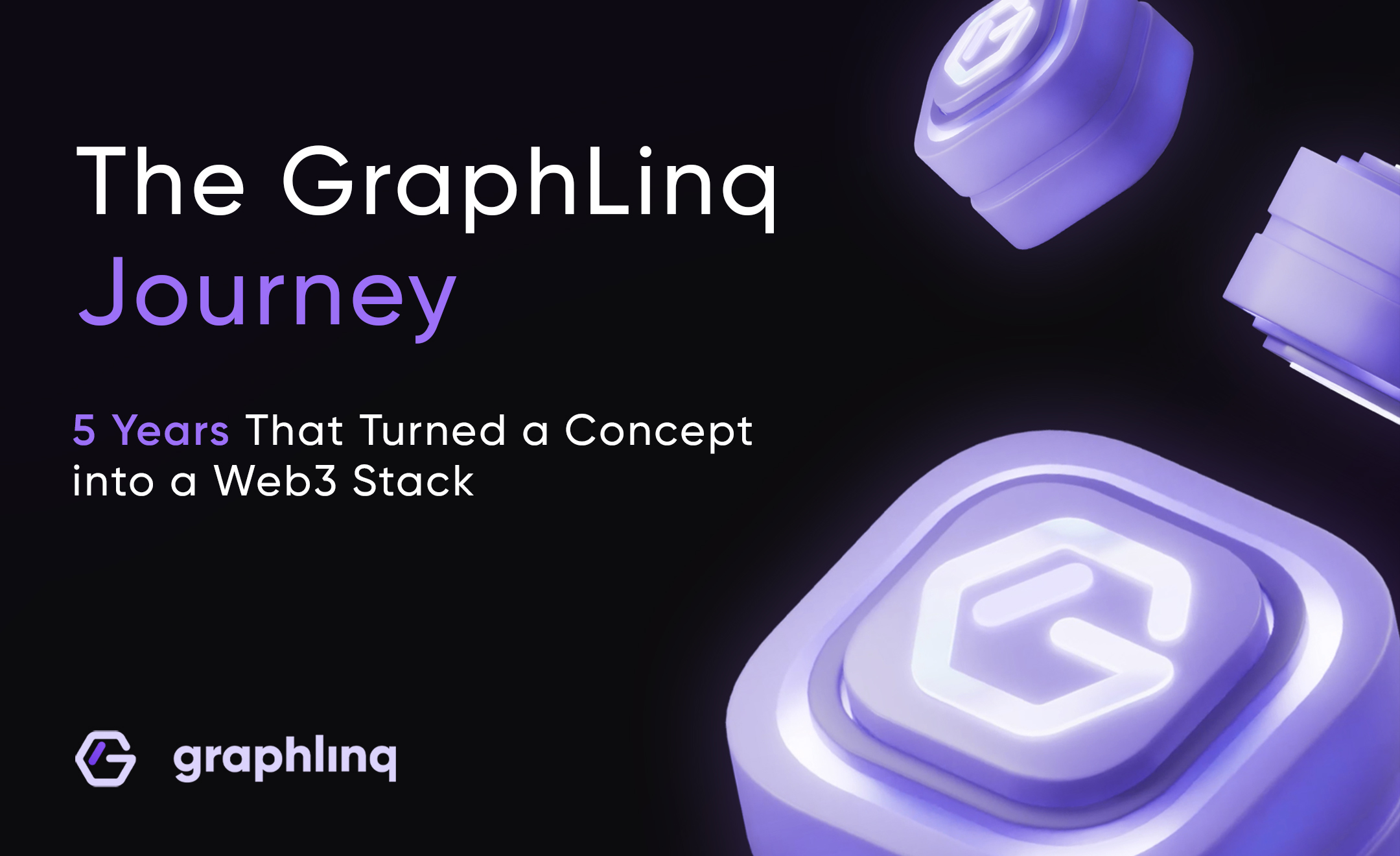
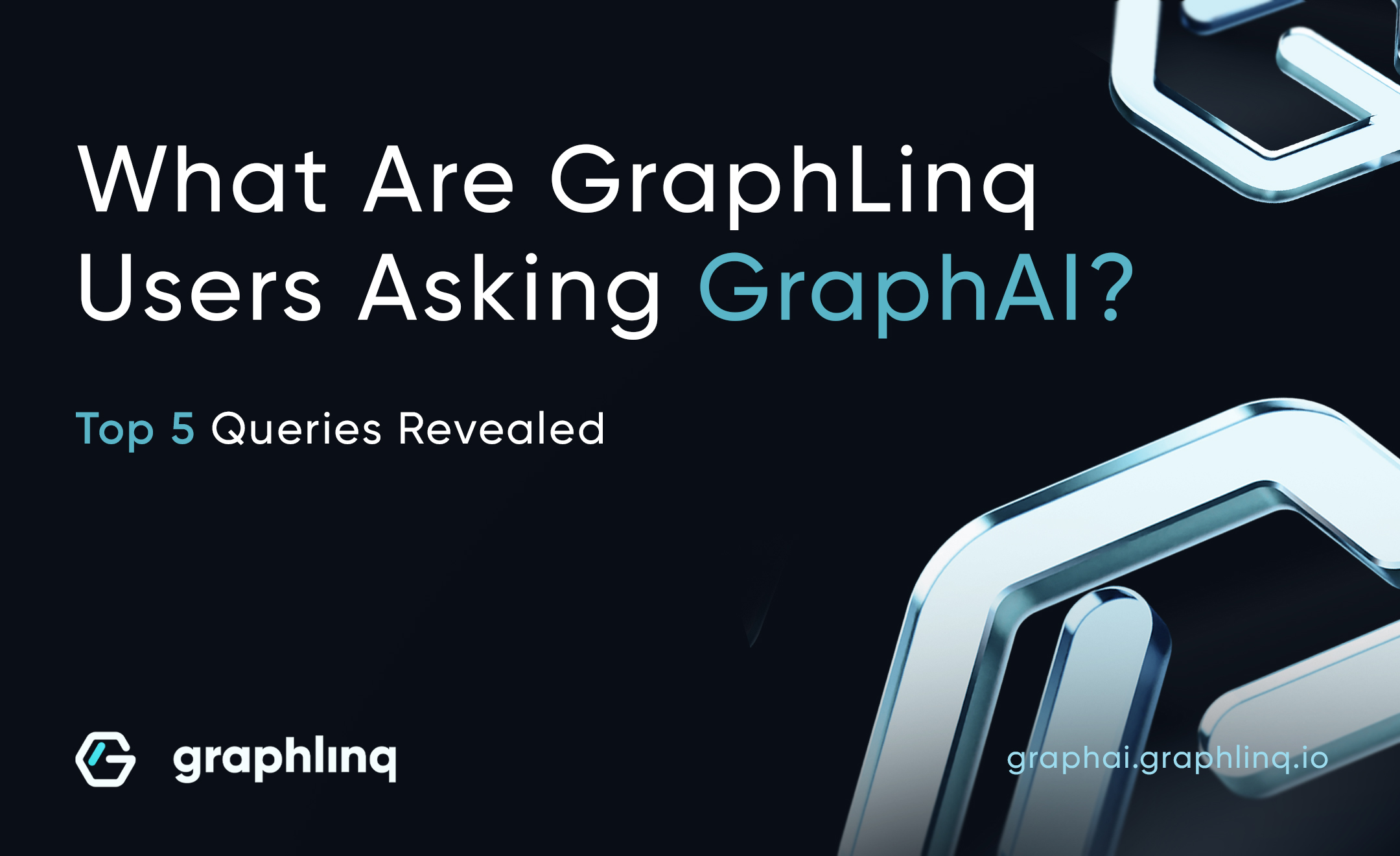
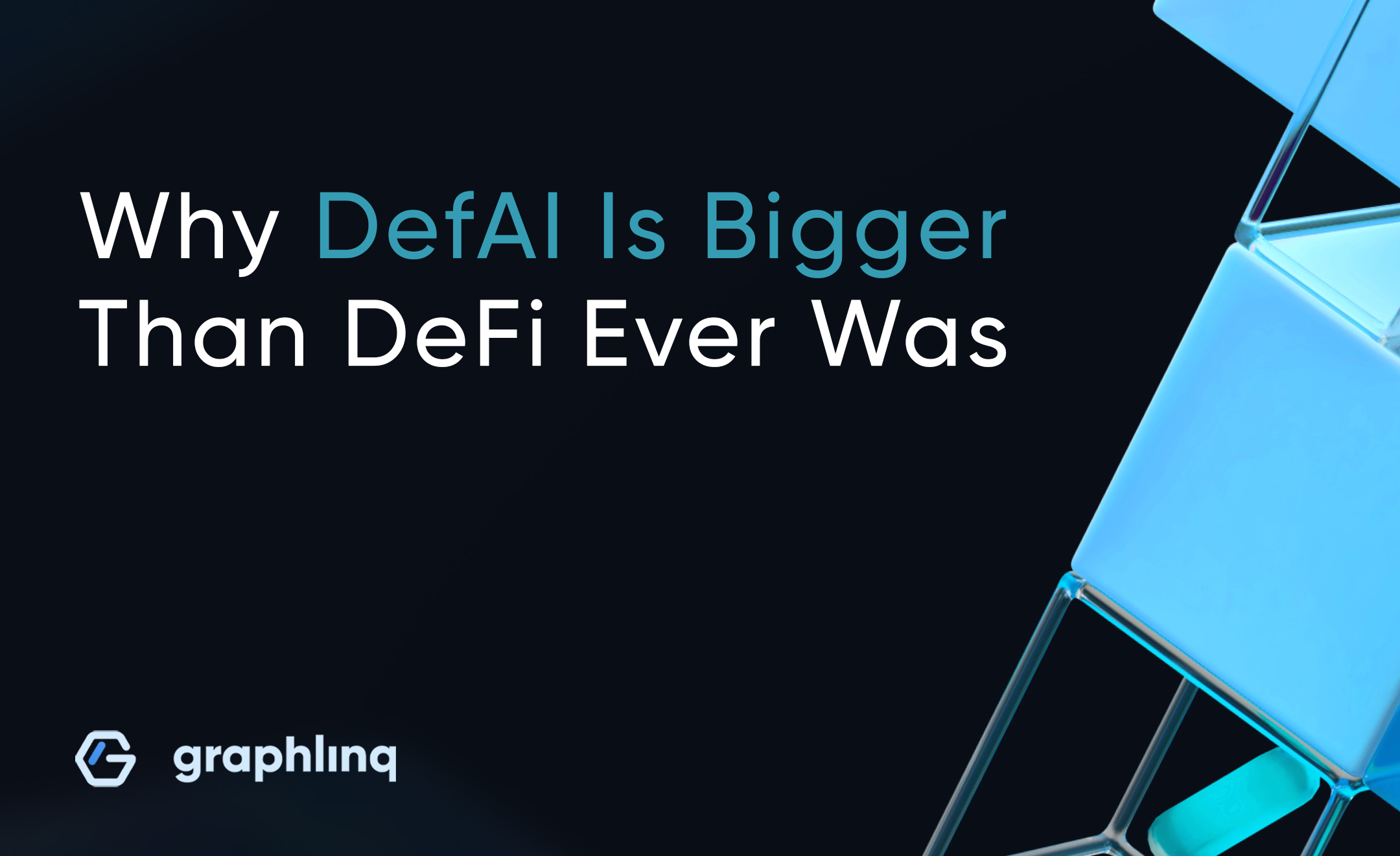

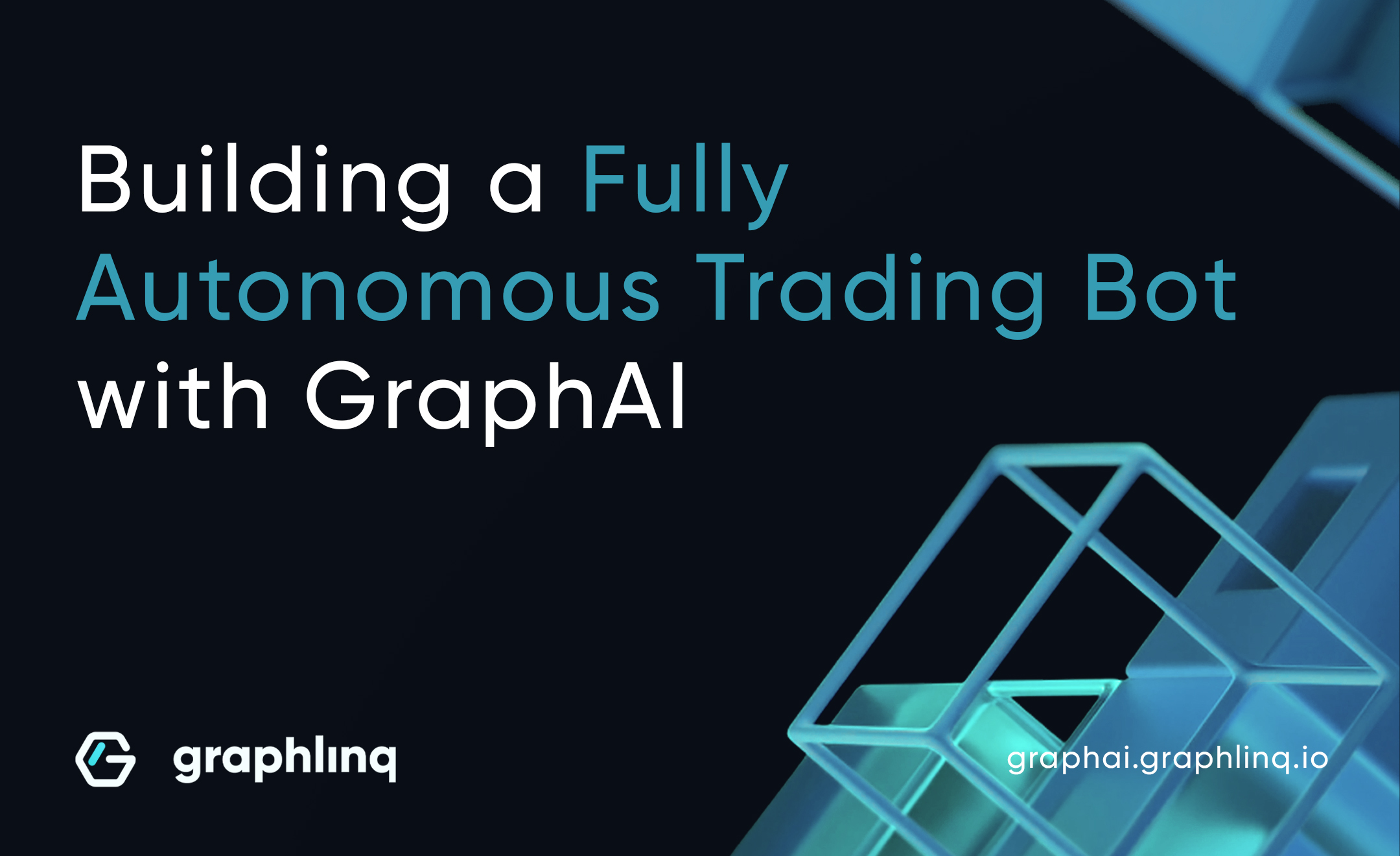
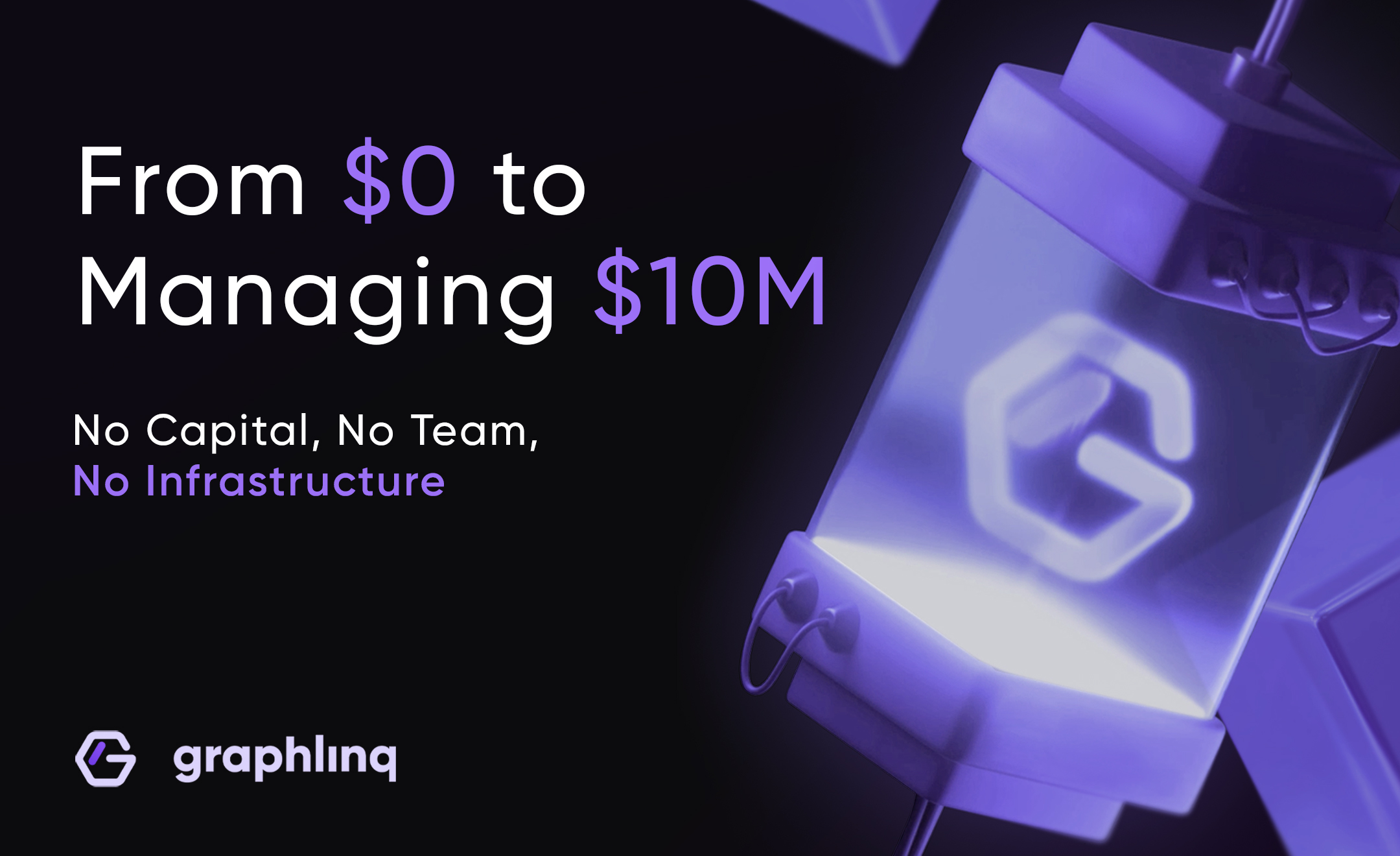


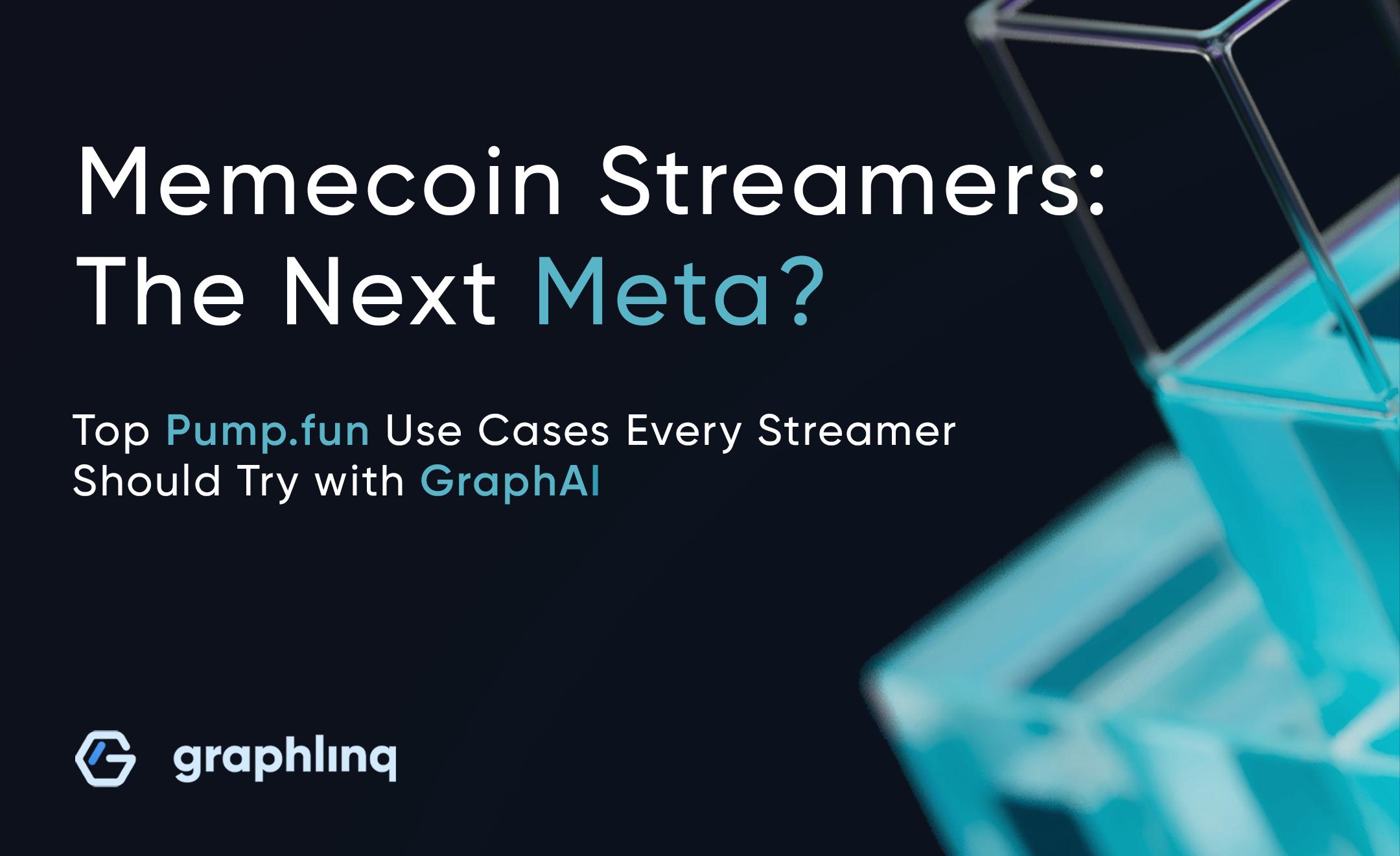
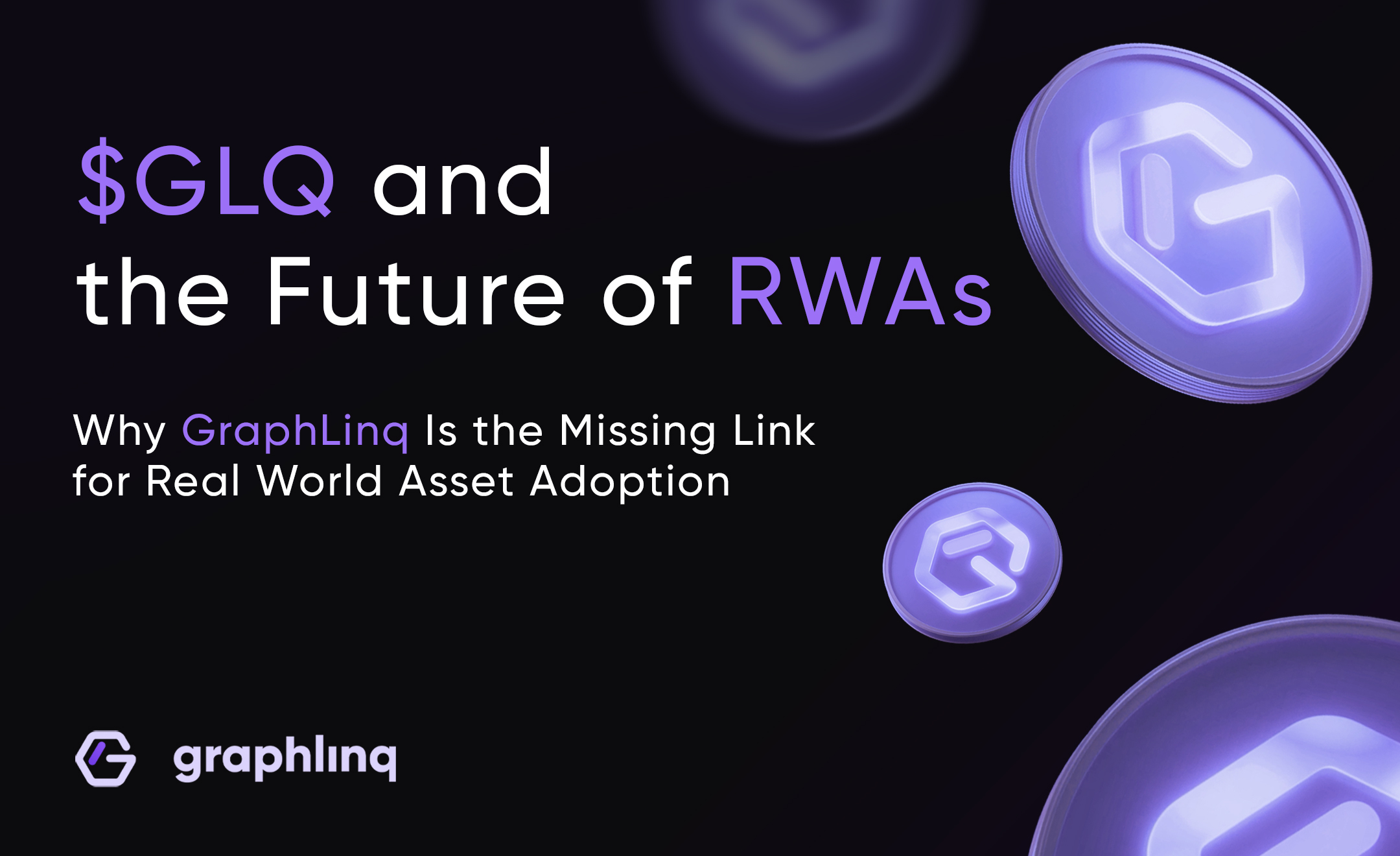
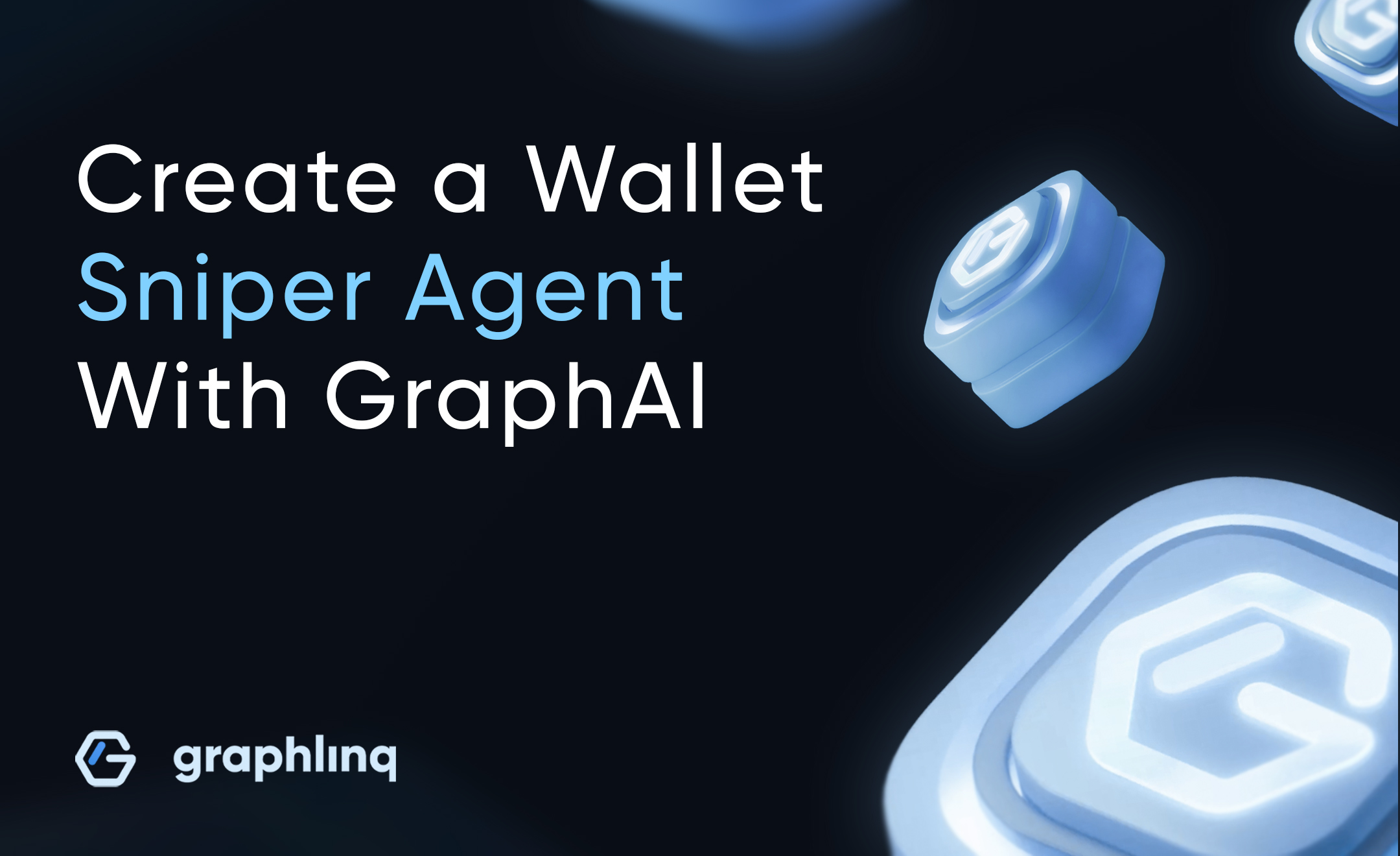

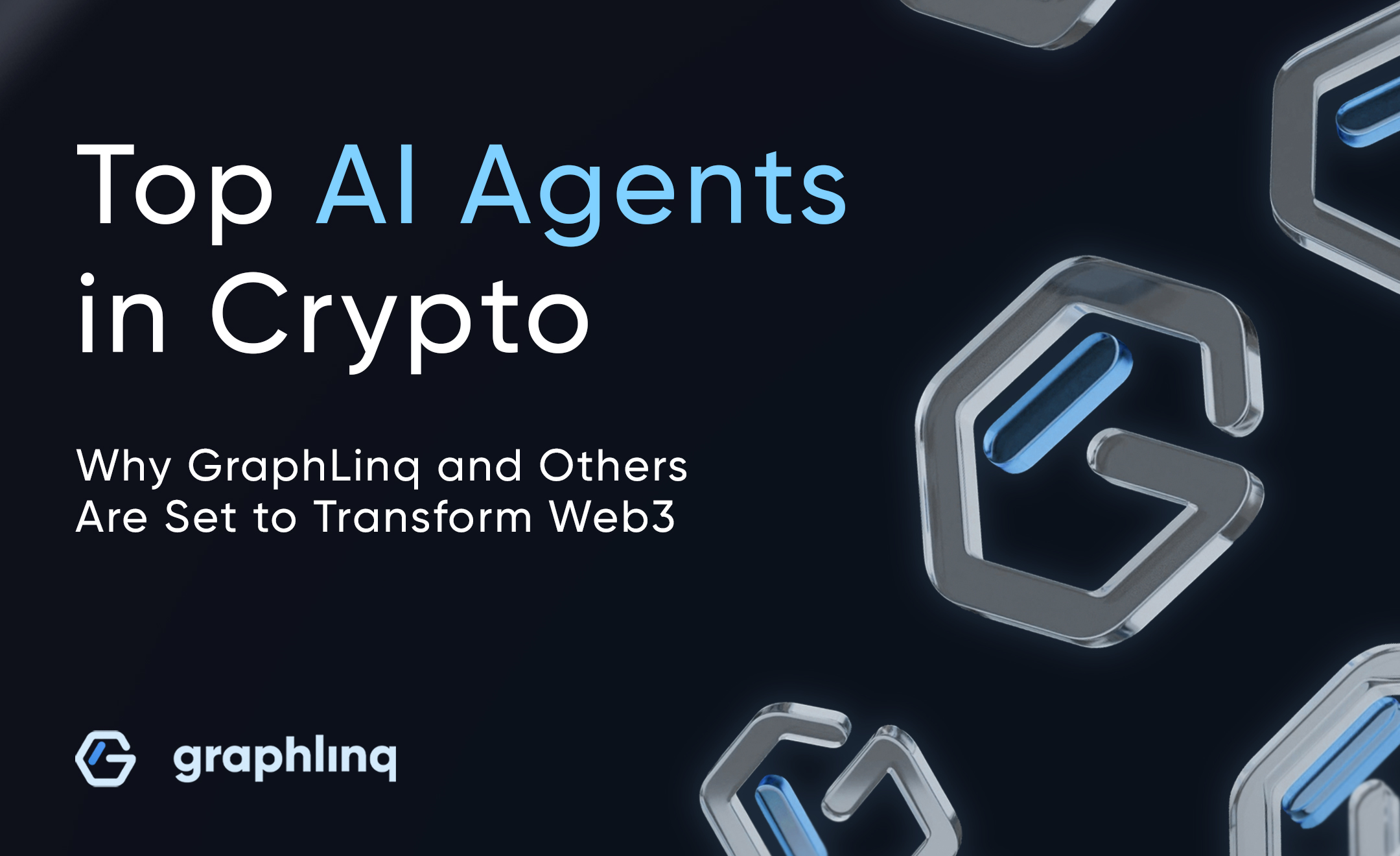
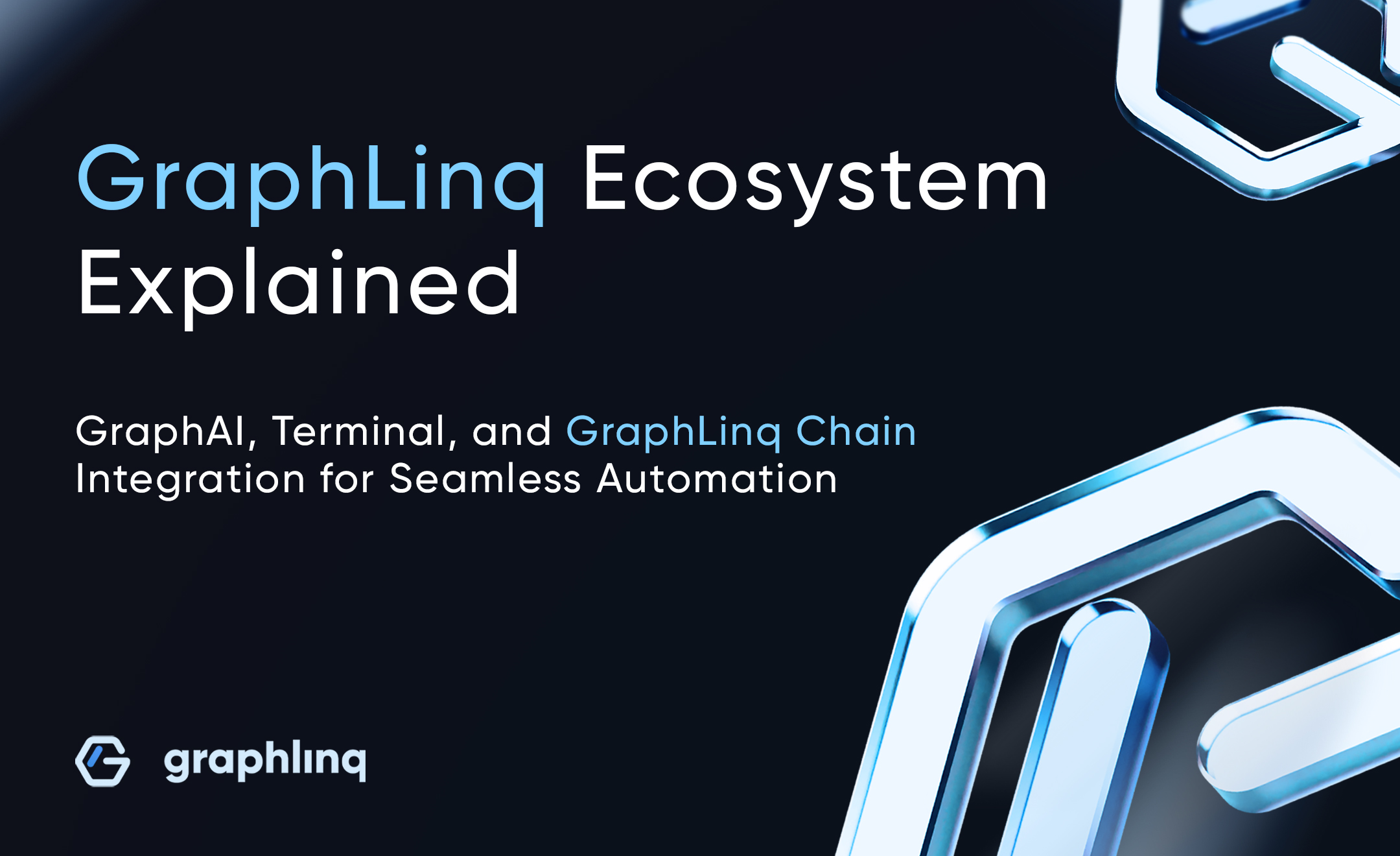
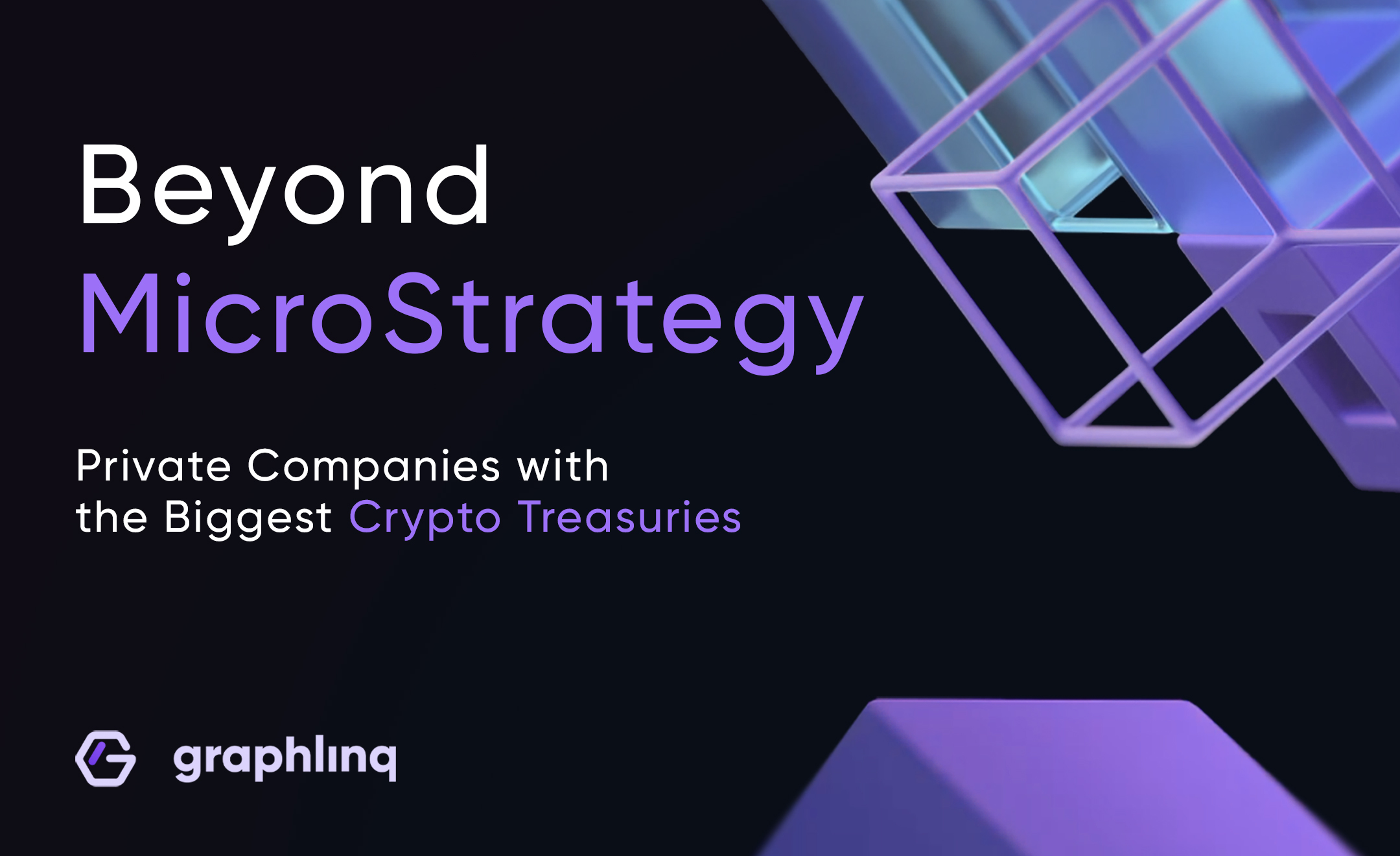
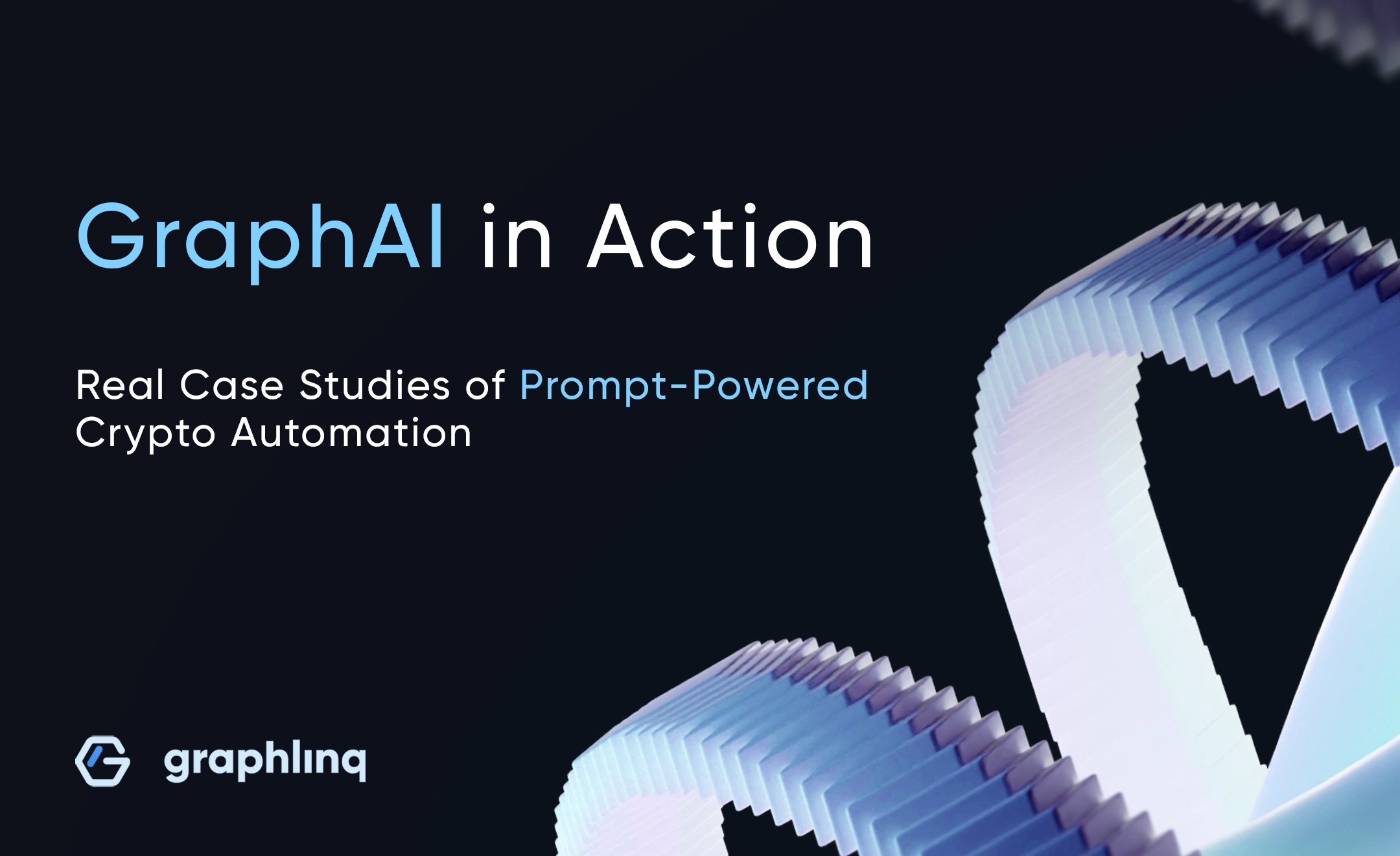






%20Do%20Bitcoin%20Cycles%20Still%20Work_.jpg)
%20What%E2%80%99s%20Next%20for%20Bitcoin%20in%202025_.jpg)



%20What%20Is%20a%20Crypto%20Swap.jpg)





























.jpg)
%20How%20to%20Find%20New%20Cryptocurrencies%20%20Worth%20Investing%20In.jpg)
%20Understanding%20Cryptocurrency.jpg)

.jpg)

A%20Comprehensive%20Guide%20to%20Altcoin%20Season.jpg)
%20cases%20and%20Future%20of%20Ai%20in%20Crypto.jpg)
%20How%20to%20Create%20Your%20Own%20MetaMask%20Wallet.jpg)
%20How%20to%20use%20your%20Crypto%20wallet%20safely.jpg)
What%20is%20a%20smart%20contract.jpg)
%20How%20to%20Protect%20Against%20Crypto%20Scams%20and%20Ponzi%20Schemes.jpg)









